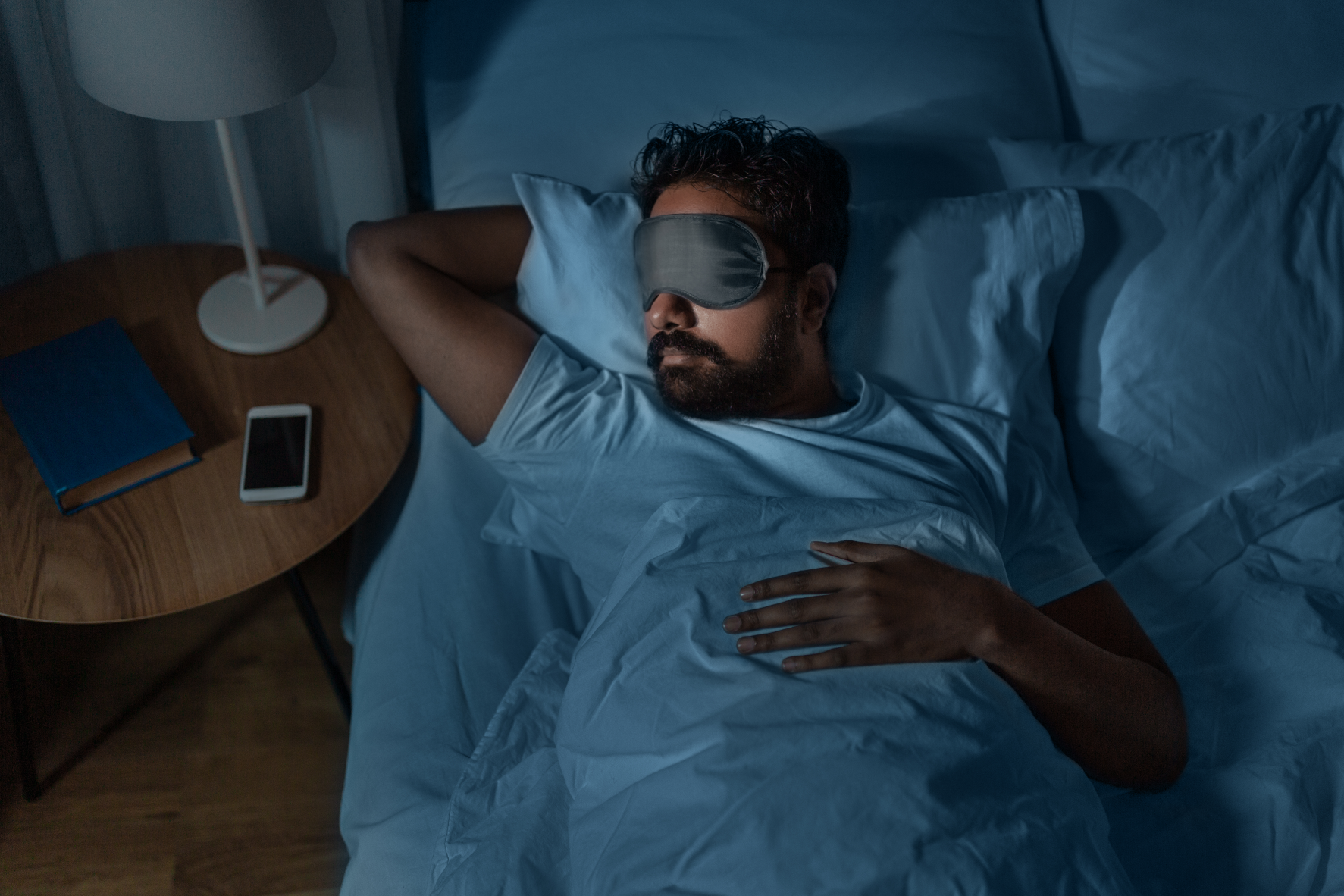Did you know that your brain cycles through a total of four phases of sleep each night? You may have heard health professionals discuss REM sleep, which is the fourth and final phase of sleep and provides many amazing wellness benefits.
If you understand that REM sleep is important but don’t know much about it, you’re not alone. If you suffer from clinical insomnia or simply struggle to feel refreshed even after a good night’s sleep, locking down deep sleep in the REM stage is key to getting the most out of your sleep cycle.
Let’s look at some of the commonly known information surrounding REM sleep and how you can develop healthy habits for better sleep.
What Is REM Sleep?
The REM, or rapid eye movement, phase of sleep typically begins within about 90 minutes of falling asleep, and the cycle comes back around every 90 minutes after that.
In addition to your eyes rapidly moving behind your lids, several physical changes occur in your body when transitioning into REM sleep. These include the following:
- Faster, more irregular breathing
- Elevated heart rate
- Increased brain activity
- Facial and limb twitching
Due to the significant increase in brain activity during this phase, REM sleep is usually when people experience the most vivid dreams. The brain will often create temporary paralysis within the spinal cord during REM sleep in order to prevent the limbs from moving according to what’s happening in a dream.
Benefits of REM Sleep
Studies have shown that good quality sleep in the REM cycle and the other phases of sleep can lead to improved memory function and learning ability. Additionally, good REM sleep is crucial for the proper development of the brain and central nervous system, especially in infants and young children.
For adults, sufficient time spent in the REM cycle has also been linked to better coping skills, fewer migraines, and a healthier weight.
Ways to Improve REM Sleep Quality
If you have been diagnosed with insomnia, you may need medication to get the amount of REM sleep you need. However, there are many ways to improve your quality of sleep that don’t require any medical intervention.
Your environment makes a huge difference in how easily you fall asleep and how well you stay in deep sleep. If you struggle to fall asleep in silence, consider a white noise or pink noise machine. Additionally, make sure that there is as little light in the room as possible and that your bedroom is on the cooler side to prevent overheating.
Your daily routines can make a difference in the quality of your sleep as well. Make sure you’re getting around 30 minutes of exercise a day, avoid alcoholic drinks close to bedtime, and leave caffeine, cigarettes, and other stimulants to the early part of the day.
Additionally, keeping your body on a relatively consistent schedule can also be helpful, as this helps your mind and body learn when it’s time to rest.

